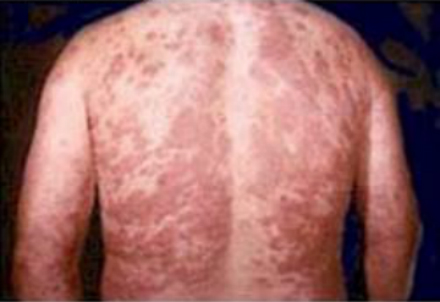
Researchers have found two leprosy-causing bacteria from a last common bacterial ancestor around 10 million years ago.
“Leprosy is a strict human disease that stretches back millions of years,” said Professor Han from University of Texas’ MD Anderson Cancer Centre.
He found that two leprosy-causing bacteria, including Mycobacterium leprae, were pinpointed to come from a last common bacterial ancestor around 10 million years ago – meaning that ancient humans suffered from the disease.
Human beings carried the leprosy bacteria when departing Africa around 100,000 years ago to populate the rest of the world, said the study.
“Tracing the ultimate origin of leprosy through the parasitic adaptive evolution of the leprosy bacteria is rather insightful – not only for this single disease but also for our better understanding of the mechanism behind other human infections,” explained Han.
Together with Francisco Silva, of the University of Valencia’s Evolutionary Genetics Unit, Han concluded that leprosy can be viewed as a natural consequence of a long parasitism.
The study was published in the journal PLOS Neglected
Source: Business standard


